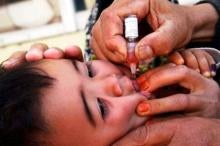Salt-related practices and its association with 24-hour urinary sodium excretion in an Uruguayan population cohort
Objectives.
To evaluate the association between knowledge, attitudes, and behavior (KAB) towards sodium use and sodium intake measured by 24-hour urinary collection in an adult cohort from Uruguay (Genotype Phenotype and Environment of Hypertension Study, GEFA-HT-UY).
Methods.
In a cross-sectional study (n = 159), a single 24-hour urinary sample, participants' physical, biochemical and blood pressure measurements and questionnaire data were collected. The association between KAB and 24-hour urinary sodium excretion was assessed using general linear models.














